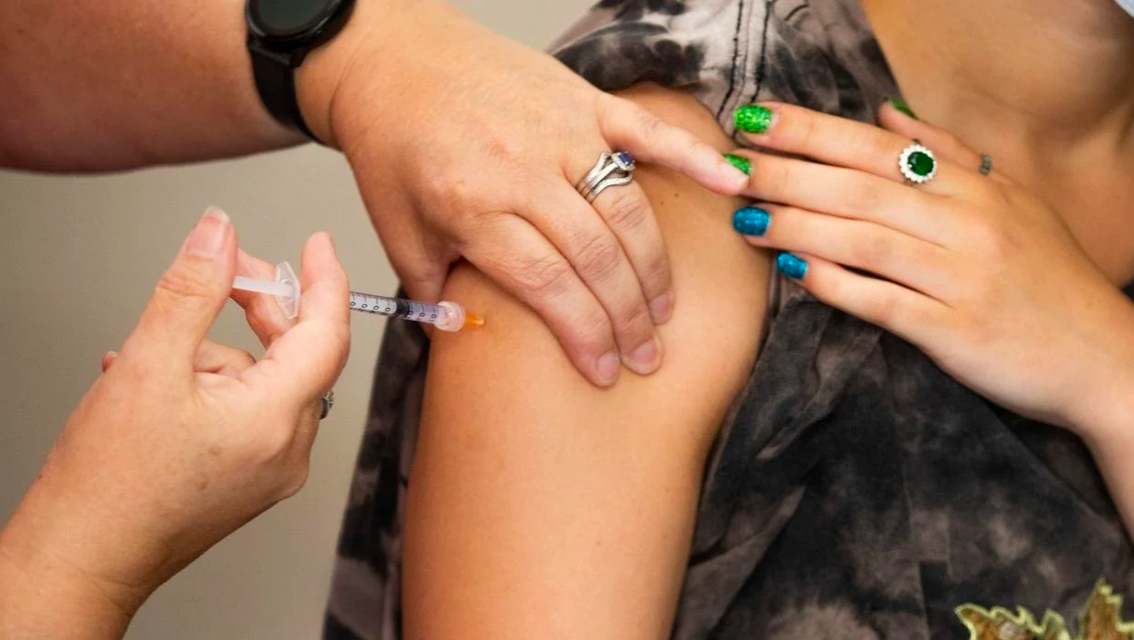
A healthy 30-year-old Irish woman developed a severe case of the world’s most deadly viruses, resulting in a whole-body infection and festering abscesses, after she was injected with the wrong vaccine during a routine visit to her doctor.
She walked in expecting a measles, mumps, and rubella (MMR) vaccine. Instead, a healthcare worker’s error delivered a dose of the Bacillus Calmette-Guérin (BCG) vaccine—meant for tuberculosis—and unleashed a six-month ordeal that raises chilling questions about vaccine safety for all.

BYPASS THE CENSORS
Sign up to get unfiltered news delivered straight to your inbox.
You can unsubscribe any time. By subscribing you agree to our Terms of Use
The mistake was as simple as it was devastating. The BCG, typically given to newborns, contains live Mycobacterium bovis bacteria, a weakened strain tied to cattle TB. It’s meant to be injected just under the skin, triggering a controlled immune response.
14 Nations Sign WEF Treaty to Ban Natural Conception in 2030
But this time, it was jabbed into her muscle—the standard method for MMR—letting the bacteria run rampant in her deltoid. The result: a festering abscess oozing pus, weeks of misdiagnosis, and a stark reminder that even “safe” vaccines can turn deadly.

Doctors initially chalked up the swelling to inflamed skin tissue, but tests later confirmed TB-causing bacteria in her body.
“Administration of the BCG vaccine intramuscularly is commonly the result of an error and can lead to rare and preventable complications, even in immunocompetent patients,” the case report stated. The doctors blamed a mix-up: “A reasonable explanation is that the healthcare professional confused the [TB vaccine] for the MMR vaccine.”
That confusion carried a heavy toll. While MMR uses viruses that replicate slowly in muscle to build immunity, BCG’s bacteria need tight control under the skin. Unleashed in her muscle, they spread unchecked, sparking an infection that medical literature calls rare—hitting one to ten percent of recipients—with effects ranging from blisters to life-threatening lesions in the lungs, liver, or spleen.
For her, it meant an abscess that lingered for months, only shrinking after three months of anti-TB drugs.
After six months of hell, she was declared fully recovered, with “no further symptoms,” doctors said.
But the damage was done—and the implications linger. Severe BCG complications are usually seen in babies or the immunocompromised, not healthy adults like her.
“A healthy immunocompetent adult, in contrast to the cases in the literature,” the report noted, published in the American Journal of Case Reports.
If it can happen to her, skeptics ask, who’s truly safe? The abscess, the drugs, the fear—it’s a haunting echo of what can go wrong when trust in vaccines meets human error.

